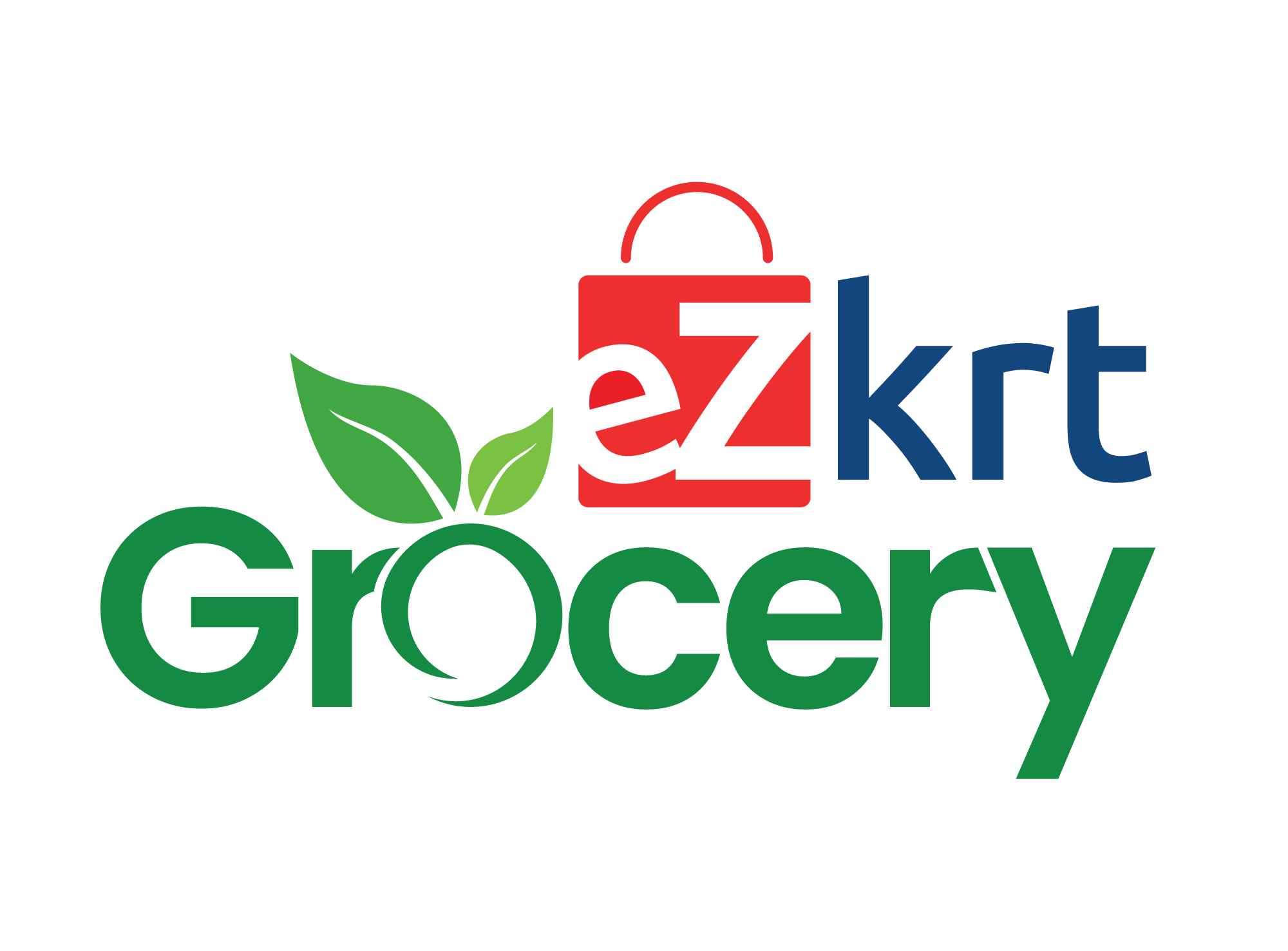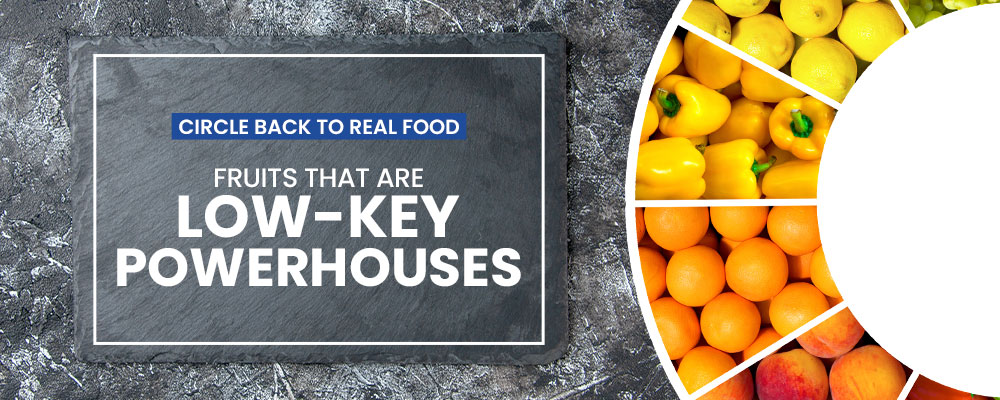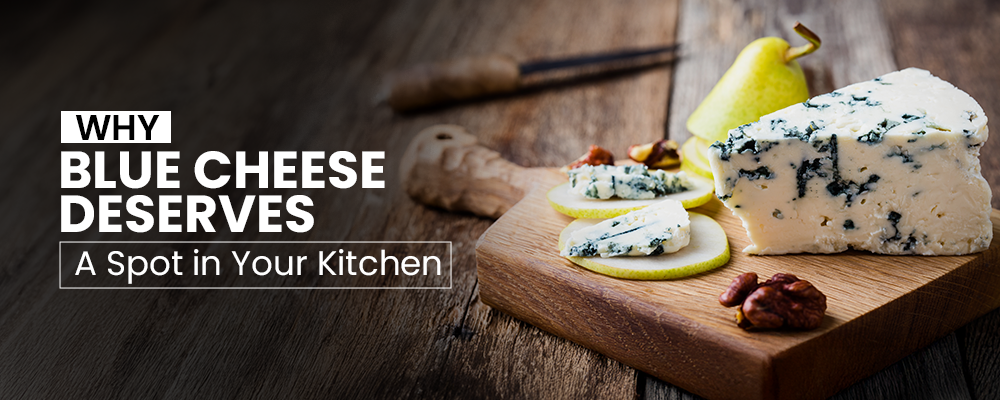Monthly Archives: February 2025
- February 12, 2025
In an era of growing health consciousness and environmental awareness, terms like “organic” and “natural” dominate grocery shelves. While these labels may seem interchangeable, they represent distinct practices and standards. Understanding the difference between organic and natural foods, along with their farming methods and certifications, can help consumers make informed choices.
What Are Organic Foods?
Organic foods are produced under strict regulations defined by governmental and international bodies. These guidelines include:
- Avoiding synthetic pesticides, herbicides, and fertilizers.
- February 11, 2025
Avocados, the trendy green fruit with one big seed in the middle, yes, the one you must've seen on trendy videos with fancy breakfasts. They are more than just an aesthetic, trendy, & creamy toast spread (although they can be defined like that too)—they're actually a nutritional power that you should not ignore on the grocery aisles.
Avocados deserve inclusion in your diet more often, as they can fit seamlessly into the lifestyle of just about anyone. Be it an adult or teenager juggling a busy schedule, a middle-aged professional focused on long-term health, or a senior focused on wellness, this versatile fruit has something for everyone. Here's a breakdown of how avocados can cater to different health goals and even culinary preferences for different cultures.





